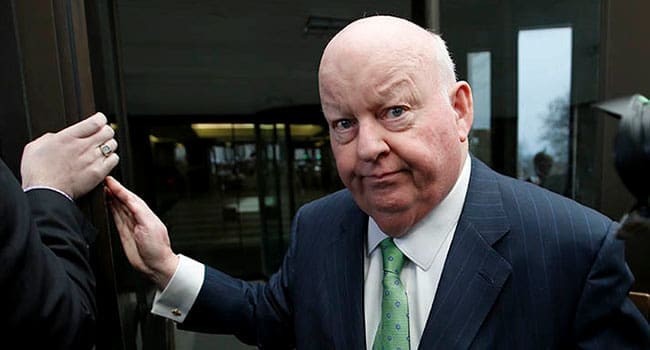 Last week, Senator Mike Duffy was acquitted of all 31 charges related to bribery, fraud and breach of trust. He’s innocent in the eyes of the law, and will be judged by Canadians as they see fit.
Last week, Senator Mike Duffy was acquitted of all 31 charges related to bribery, fraud and breach of trust. He’s innocent in the eyes of the law, and will be judged by Canadians as they see fit.
Some observers have suggested the Crown’s failure to prove its case will be a boon for the other embattled Senators: Patrick Brazeau, Pamela Wallin and the retired Mac Harb. Indeed, it seems highly unlikely that these matters will be pursued with the same vim and vigor.
But while the Duffy trial is over, the Senate matter isn’t. Not by a long shot.
The Senate was once an important body of sober second thought in our country. Today, it’s little more than a rubber stamp for Parliament, and a resting ground for patronage appointments.
While there are hard-working Senators who respect the rules and take pride in their duties, the Upper Chamber’s circus-like atmosphere has destroyed its reputation. The institution is immeasurably broken, and the deep wounds can never be healed.
It’s also important to remember Auditor General Michael Ferguson’s 2015 report. It identified 30 Canadian Senators, both Tories and Liberals, who had filed inappropriate expenses totaling about $1 million. Some of these cases have reportedly been dealt with, and others are being cleaned up. Which still doesn’t answer the (ahem) $90,000 question: when these financial amounts first came to light before this audit was conducted, didn’t anyone think to raise a red flag or two?
Yes, the Duffy trial emphatically confirmed that Senate rules about residency and public spending are open to interpretation. Still, our unelected Senators should have enough common sense to realize that acting like pigs in the trough, even if it’s legal, isn’t a wise strategy.
The reckless behaviour by these Senators with the taxpayers’ money was unacceptable and unforgivable.
So, what should be done about the Senate?
At one time, I strongly favoured implementing the Reform Party’s Triple E Senate model. It appeared be the best, and most equitable, means of reforming this shattered institution.
The Senate’s irresponsible behaviour, spending habits and culture of entitlement changed my position several years ago. I currently believe the Senate should be abolished, and Canada should operate with a unicameral, or single, legislature.
The problem is achieving unanimous provincial consent, or getting seven Canadian provinces (with 50 percent of the population) in support of a constitutional amendment to eradicate the Senate.
This was obviously a huge stumbling block for former prime minister Stephen Harper. He has long wanted to adjust, fix or reform the Senate. Alas, my old friend and boss, who was never the best of bridge-builders, realized this task would be a near-impossibility.
So he decided to slowly starve it to death. There would be no new appointments under his watch. Senate vacancies would continue to climb, and the Upper Chamber would eventually turn into the ghosts of politics past.
Harper’s successor, Prime Minister Justin Trudeau, has taken a different approach.
The Liberal Senate caucus was tossed out in 2013, and has nothing to do (in theory) with the parliamentary caucus. Instead, Trudeau recently appointed seven new Senators – mostly left-leaning, but all supposedly Independent – through his newly formed advisory board on Senate appointments.
That’s nice, except there’s one small issue: the advisory board’s suggestions are non-binding in nature. Hence, the PM can ultimately choose whoever he wants. To say that the relevance of this exercise is a head-scratcher would be an understatement.
Truth be told, the NDP is the only political party speaking sensibly about our Senate. They want to abolish it, and are willing to work hand-in-hand with ideological opposites like Saskatchewan Premier Brad Wall to get the job done.
That’s the right way to do it. That’s what needs to be done. That’s how to avoid another Duffy trial now, and in the future.
Michael Taube, a Troy Media syndicated columnist and political commentator, was a speechwriter for former Prime Minister Stephen Harper. He holds a master’s degree in comparative politics from the London School of Economics.
The views, opinions and positions expressed by columnists and contributors are the author’s alone. They do not inherently or expressly reflect the views, opinions and/or positions of our publication.


